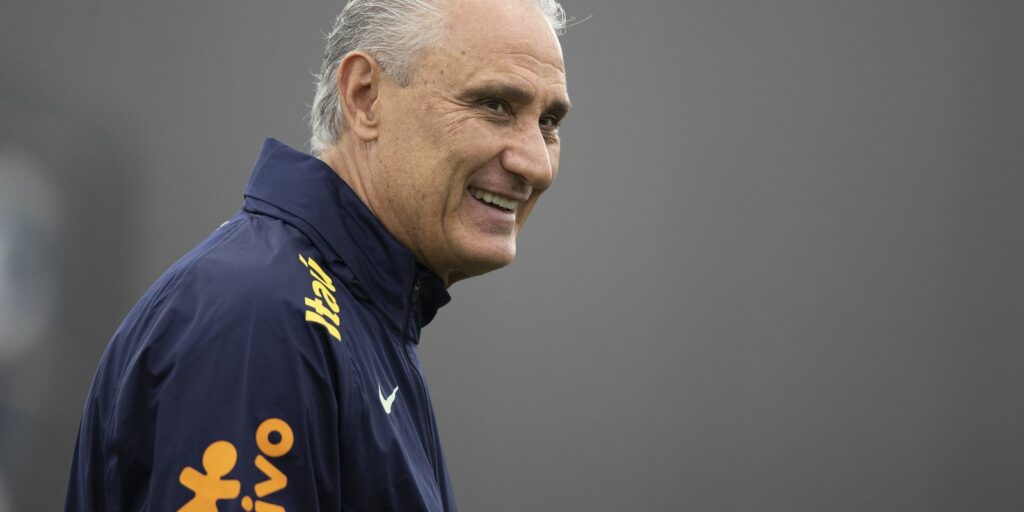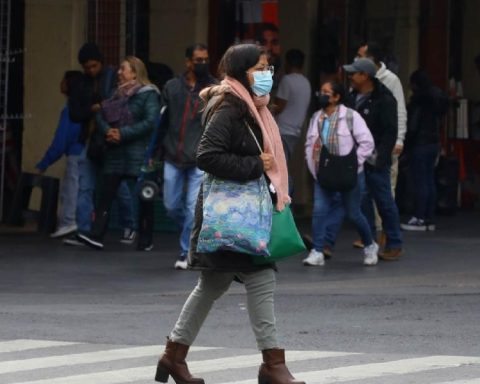Federal justice sided with an adolescent who is in conflict with her mother by acknowledging her right to collect for herself the benefit of the Universal Child Allowance (AUH) -as she had requested-, based on the principles of progressive autonomy and the best interests of the minor, in an “important jurisprudential precedent”.
As reported by the Civil Association for Equality and Justice (ACIJ) that sponsored it, last Tuesday the Federal Administrative Litigation Court No. precautionary measure requested by a 17-year-old girl in order to order the Anses to authorize the change of ownership of the AUH in her favorto start collecting personally and thus guarantee your rights.
The judicial presentation promoted after “Anses rejected the change of ownership in administrative headquarters”, was based both on the principle of “the progressive autonomy of the adolescent” and on the particular life situation of the petitioner, characterized by the “vulnerability ” since “she is distanced from her family and does not have access to any income to ensure her right to food, education, an adequate standard of living, among others.”
“The resolution represents a valuable precedent that recognizes ownership of the right to social protection, the progressive autonomy of adolescents to collect and manage a basic benefit, and breaks with the adult-centric logic that characterizes income transfer policies,” they said from ACIJ in a statement.
“The resolution represents a valuable precedent that recognizes ownership of the right to social protection, the progressive autonomy of adolescents to collect and manage a basic benefit and breaks with the adult-centric logic that characterizes income transfer policies”
The organization considered that the ruling “contemplates international standards on the rights of adolescents, to whom the Convention on the Rights of the Child recognizes the State’s duty to provide special and reinforced protection,” while establishing that “the Analysis and resolution of the case must be based on the progressive autonomy of the adolescents to exercise their rights in accordance with the evolution of their faculties”.
In the resolution to which Télam had access, the judge maintains: “by verifying the non-existence of the link between the plaintiff –beneficiary of the AUH– and the mother –holder of the AUH– makes the act of the respondent, prima facie, is disproportionate and contrary to the best interests of the adolescent, since (…) it intensely limits the exercise of the right to educate and develop an adequate life plan and, consequently, ignores the purpose of creating the AUH”.
“In summary, the precautionary resolution implies an important jurisprudential precedent for other 16 and 17-year-olds who are in a similar situation, and who require, based on their age and degree of maturity, to manage the necessary income to ensure their food, education, as well as the development of a life project and the enjoyment of an adequate standard of living”, said ACIJ.
@ansesgob denies the right of a vulnerable adolescent to collect the AUH, saying that she could go out to work.
—ACIJ (@ACIJargentina) November 11, 2022


















